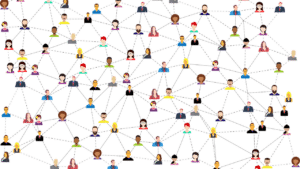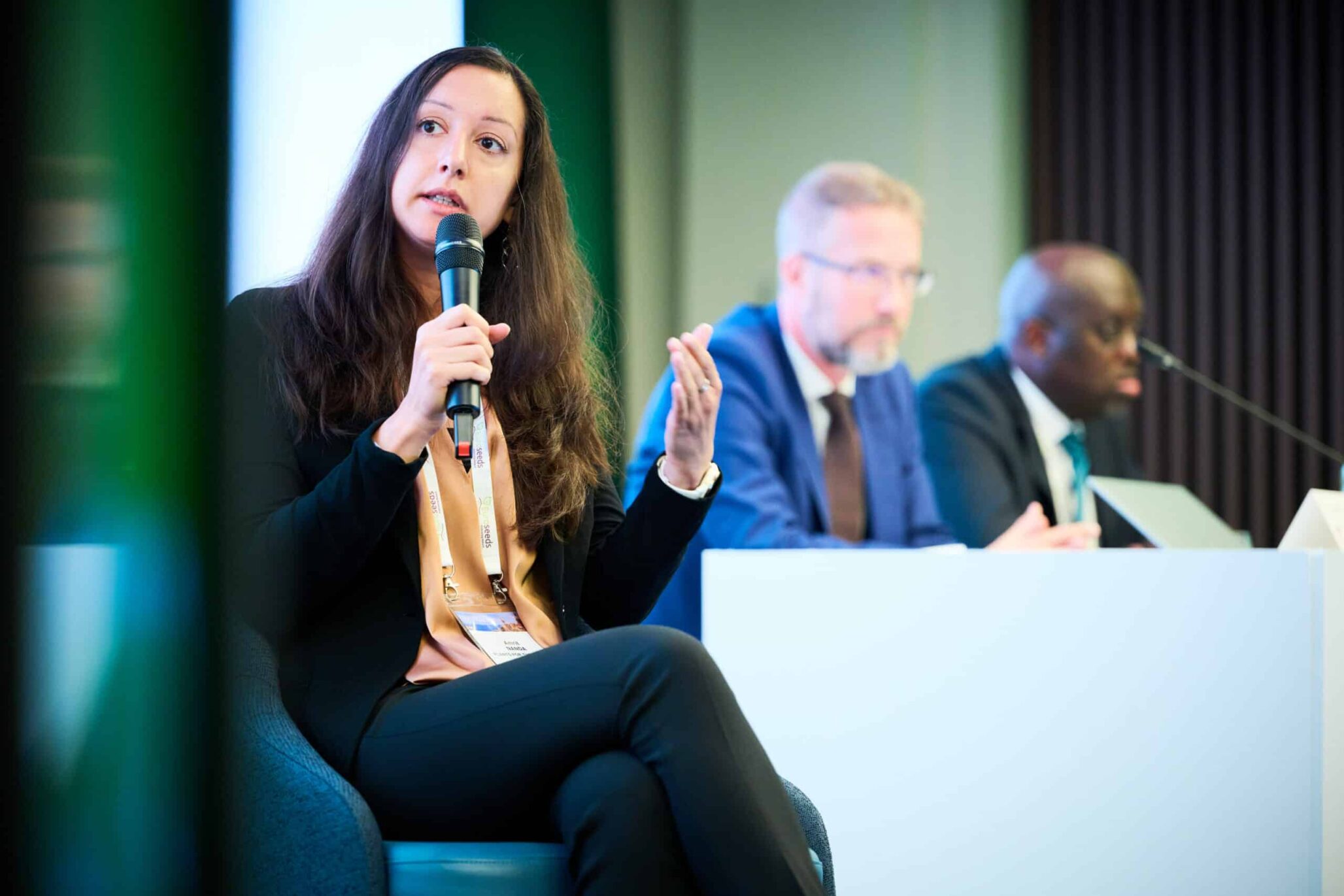Even before COVID, the world was already changing rapidly and how work gets done is evolving. In the past two years this has been accelerated by the pandemic. As a result, how seed companies build their workforce has changed too. More and more, seed companies rely on diverse, multidisciplinary teams that combine the collective capabilities from different cultures, genders and ages. And the various skill sets that people have.
In many seed companies and HR manuals these skill sets are divided into two types: the technical or ‘hard-skills’ in a job, and the people and managerial ‘soft-skills’ in a job. This distinction is now getting in our way because most people think ‘hard skills’ are hard, and ‘soft skills’ are soft. I would like to argue that the opposite is true.
There are many ways to define these skill sets. Is learning to create a pivot table in Excel a skill? Or is ‘creativity’ or ‘flexibility’? Is managing a team of plant breeders a ‘skill’? There is a huge variation in skills to consider. First, let’s look at the differences between hard skills and soft skills.

One could describe hard skills as teachable abilities or skill sets that are easy to quantify. A person will learn hard skills in the classroom, through books, training materials, or on the job. These hard skills are often listed in a job application letter and on a resume, which makes them easy for an employer or recruiter to recognize. Such hard skills include a plant breeding degree or PVP course certificate, a proficiency in a foreign language, computer programming, machine operation and so on.
On the other end there are the soft skills. These are subjective skills which are much harder to quantify, and it is difficult to point to specific evidence that a person possesses a soft skill. These soft skills are also known as “people skills” or “interpersonal skills,” and relate to the way a person relates to and interacts with other people. These soft skills include empathy, integrity, communication, flexibility and adaptability, leadership, self-motivation, grit, emotional intelligence, patience, optimism, kindness, persuasion, problem solving abilities, teamwork, mindfulness, time management, work ethic, resilience, and many others.
Over the last few years, there has been a noticeable shift in focus on skills. In a recent study by LinkedIn, 57 per cent of leaders say soft skills are more important than hard skills, but also that soft skills are becoming harder to find in today’s labour market candidate pools. On the topic of the most important soft skills in the modern workplace, Forbes states that companies are now “transitioning their hiring and training practices around emotional intelligence and leadership competencies as they realize they are now key skills”.
Another example, each year, LinkedIn Learning releases its list with the most relevant soft and hard skills, and for the first time in 2020, Emotional Intelligence has earned its rank amongst the top 5 skills to have.
| Top 5 Soft Skills 2020 | Top 5 Hard Skills 2020 |
| 1: Creativity
2: Persuasion 3: Collaboration 4: Adaptability 5: Emotional Intelligence |
1: Blockchain
2: Cloud Computing 3: Analytical reasoning 4: Artificial Intelligence 5: UX Design |
In many business sectors, one of the hottest topics today is upskilling, reskilling, and redefining jobs for the future of work, with 34 per cent of CEOs rating it one of their “top three threats to growth.”
The shift from hard to soft indicates that more and more companies realize that the skills of the future are not technical, they’re behavioural. For sure, the plant breeders, scientists, designers, engineers, and other technical people of the world need to know how to develop new varieties, create new seed treatment recipes, build, and fix things. But research points out, that CEOs and business leaders are now realizing that they can “buy” these technical skills relatively easily (or develop these internally). It is generally easier for an employer to train a new employee in a hard skill (such as how to make a good cross between two plants, load a PCR machine or carry out a disease resistance test) than to train an employee in a soft skill (such as patience or empathy).
I would say, kudos to the soft skills! They had to play ‘second class citizen’ for a long time to the widely acknowledged and praised hard skills. The soft skills were not mentioned, or if at all, often grouped together at the bottom of a CV. HR and recruiters were hardly inquiring about those somewhat vague qualities during the hiring process. And what’s more, they were certainly not developed or trained within the corporate L&D culture.
On a resume, the soft skills were considered the kind of skills that were “nice to have” but not essential. And job applicants would think twice about including any soft skills in their letter. Highly important personal skills such as flexibility and adaptability, grit, optimism or kindness, did not get the value they deserve.
And when these crucial skills are absent, especially in leadership roles, it is often immediately recognized and leads to unhappy, disgruntled and unmotivated employees, leading to low employee retention and costly turnovers.
The tables have turned. Skills in leadership, teamwork, communication, and even personal traits such as emotional intelligence, persuasion or self-motivation are now considered more relevant in the modern workplace than role,specific technical skills.
Make no mistake, the soft skills are by no means ‘soft’. They are highly complex and take years to learn. One could easily argue that the so-called hard skills are soft because they change all the time, are prone to (quickly) becoming obsolete, and are relatively easy to learn. The soft skills on the other hand are hard, because they are difficult to build, critical, and take extreme effort to obtain.
OK, so, what does this all mean? I would like to propose that companies, HR, and L&D professionals stop describing these skills as soft skills and start rebranding them as ‘power skills.’ Because they are the skills that give them real ‘power’ at work. And that we start taking these power skills serious and give them the place at the table they deserve.
These power skills are often the most important skills in a company and are crucial success factors for any company to succeed. These power skills are essential going forward, and seed companies should build them, nourish them, and continuously evolve them with vigour.
Let’s do away with the idea of soft skills and accept that developing power skills is hard, takes a lot of investment, and for sure is key to the future. Of course, we need lots of plant breeders, phytopathologists, engineers, and scientists to succeed, but they need power skills too. And yes, these power skills are also the foundation of human happiness. Don’t forget that human happiness is the foundation of employee engagement, productivity, and corporate growth.













